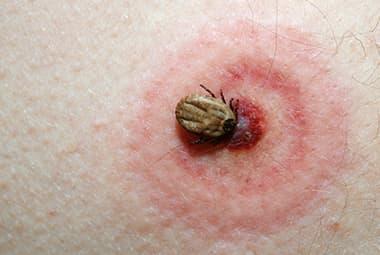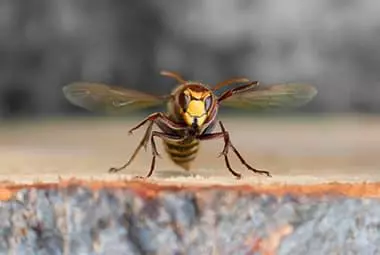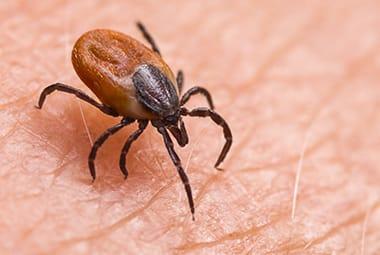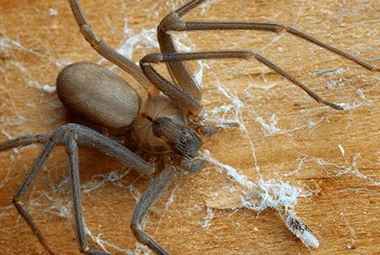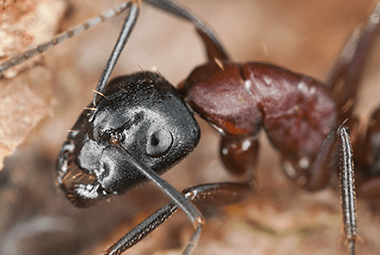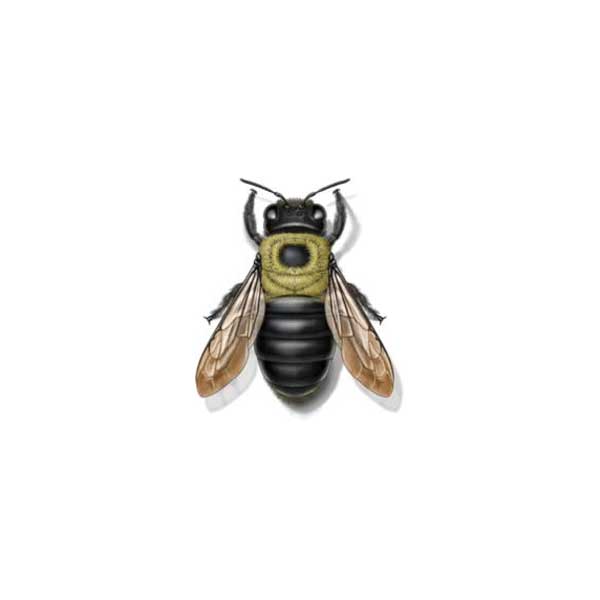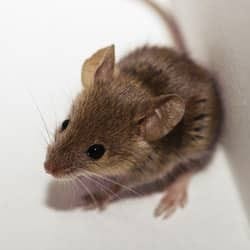Have you ever brushed your teeth and stared at a big centipede in an upper corner of your bathroom and wondered where that bug was going to roam after you went to bed? Have you ever watched a big wasp flying around in your garage and wondered whether or not it was from a nest inside your walls? Have you ever had to go chasing after a nasty spider in the middle of watching a television show because it crawled across the wall behind your TV? Pests are disturbing. But their ability to make us feel uneasy and interrupt our lives is only the beginning of the troubles they can cause.
While centipedes are gross houseguests, they aren’t going to make you sick. That is not the case for cockroaches, rodents, flies and other pests that pick up harmful bacteria and spread it around. When you have year-round pest control, you get ongoing protection from bugs and animals that are drawn to rotting organic material.
While a random wasp flying around in your garage or outside in your landscaping is probably nothing to worry about, it can be downright dangerous when they create a nest in your yard. Social insects have a nest-protection instinct that can cause them to swarm and attack. Year-round pest control comes with routine pest inspections that work to catch stinging pests before they can do harm.
While most spiders that get into your home will just creep you out, we have two venomous spiders in Knoxville that can present a threat. They are the black widow spider and the brown recluse spider. Black widow spiders only get into homes occasionally, but recluse spiders can do quite well in your home and grow a significant population. With year-round pest control, you’ll get ongoing removal of spider webs around your home which will work to deter common household spiders and your pest control technician will alert you when signs of black widows or brown recluse spiders are present.
When mosquitoes come into your yard, year-round control can make them regret it. When termites try to feed on your home, your termite protection will immediately begin to eliminate the attacking colony. When ticks are brought into your yard and near your home, they won’t live long enough to get onto your pets or climb onto you while you’re working on your landscaping. Year-round pest control protects your health and property all year long.
If you’d like to learn more, we’d be happy to answer your questions. If you’re ready to take the next step and begin service, request a free, in-home pest evaluation and we’ll send a pest control professional right to your Knoxville home to help you get started.
Life is better without pests. Get your protection in place today.

